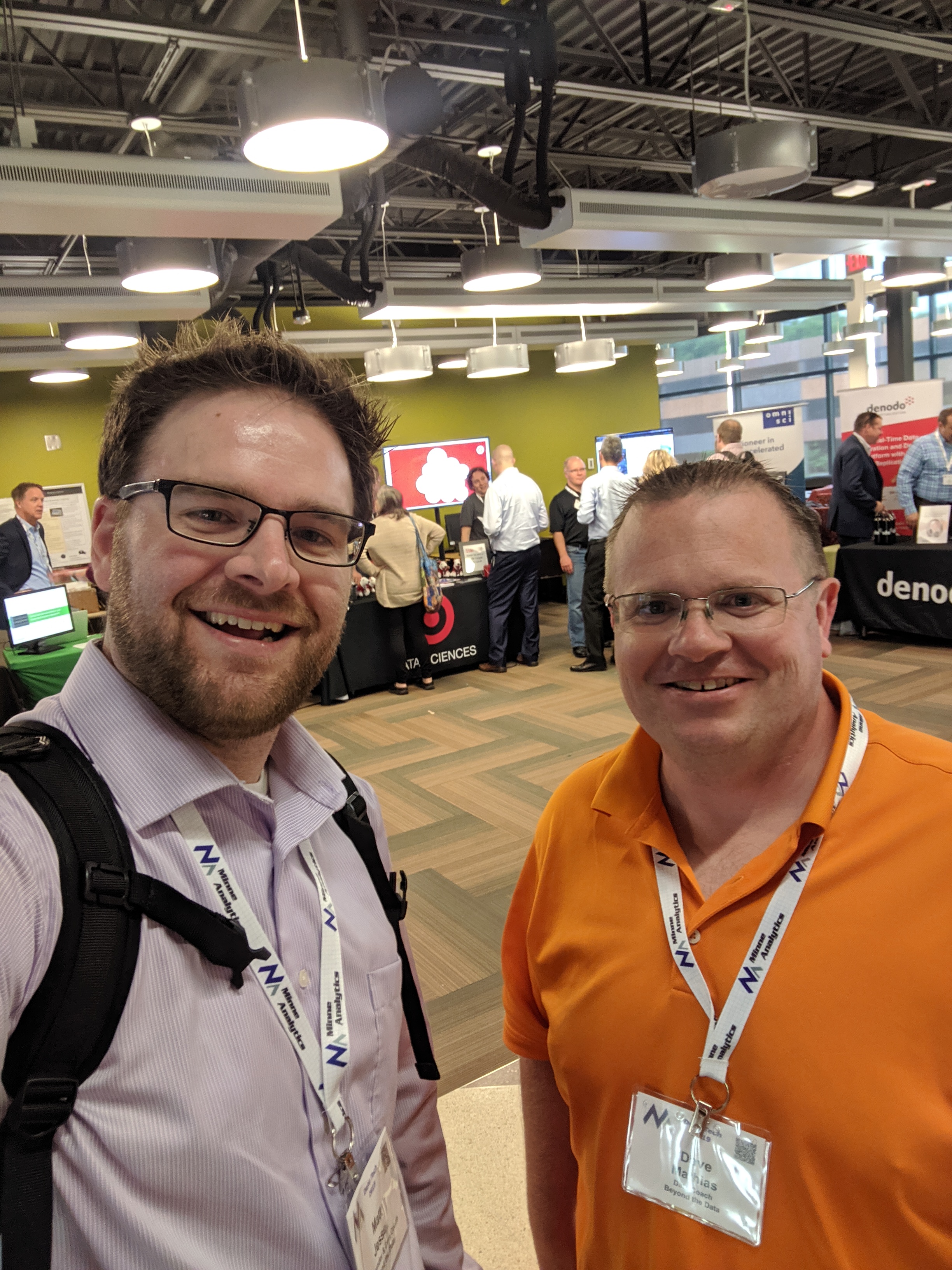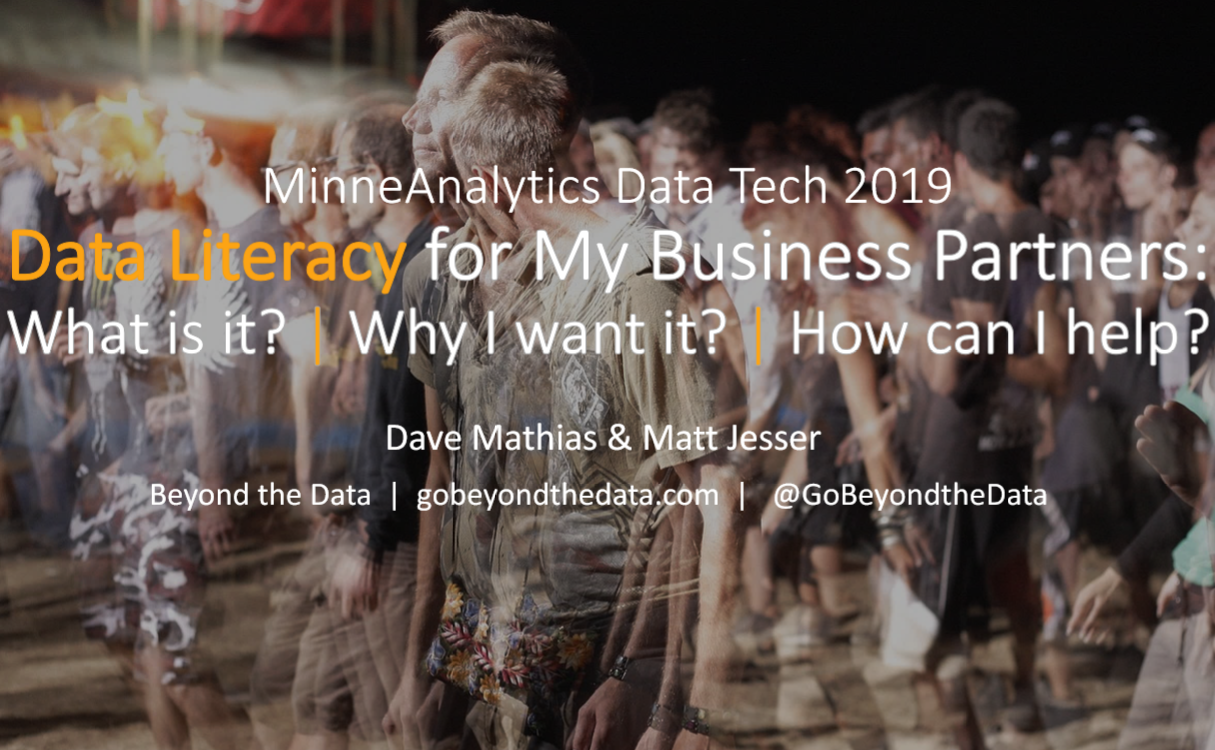Ep 27 - How Caroline & Sara are building a huge dataviz community in Portugal
/Listen to the Episode
Subscribe to the Podcast
Episode Summary
“A lot of people know about data visualization, but they don’t actually understand the possibilities that can be unlocked”
Something must be in the water in Lisbon, Portugal… Because Data visualization is on FIRE there! Dave got to attend one of their meetups when he was visiting this spring, and two of their leaders really impressed. Sara Mesquita and Caroline Doye lead this awesome group of information designers, meeting almost weekly on different topics from D3.js to Tableau.
Caroline Doye
For Caroline and Sara, they believe that knowing how to extract the information that is "hidden" in the data is what makes all the difference, regardless of your occupation.
The keys to their success are numerous, but something they really focus on is keeping the topics strongly interdisciplinary. They also make sure you walk away with tangible ideas to level up your skills with any tool, from Excel to Tableau or Power BI. Or if you wish to get to the next level using R, Python or even D3.js, this will be at the meetup for you as well.
Community is the key, whether it’s in the United States or in Portugal. It’s useful no matter what level you are. For the dataviz experts, giving back to the community is a way to test and hone their skills. For beginners, it’s a safe environment for people to learn, grow and try new techniques before taking back to a professional setting.
Sara Mesquita
One of the activities that they do that I found fascinating was “data sketching”… putting ideas on paper and trying lots of iterations. Caroline feels that data sketching helps get you beyond just the coding and numbers, but really think about the ideas and try new things.
I think Dave and Matt will be doing some data sketching of our own in the near future!
More about Sara and Caroline
Caroline on LinkedIn - in/caroline-coro
Chantilly on LinkedIn - in/saramesquita1
Data Viz Meetup Lisbon - meetup/Data-Visualization-Lisboa








